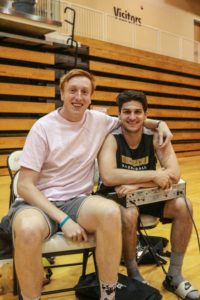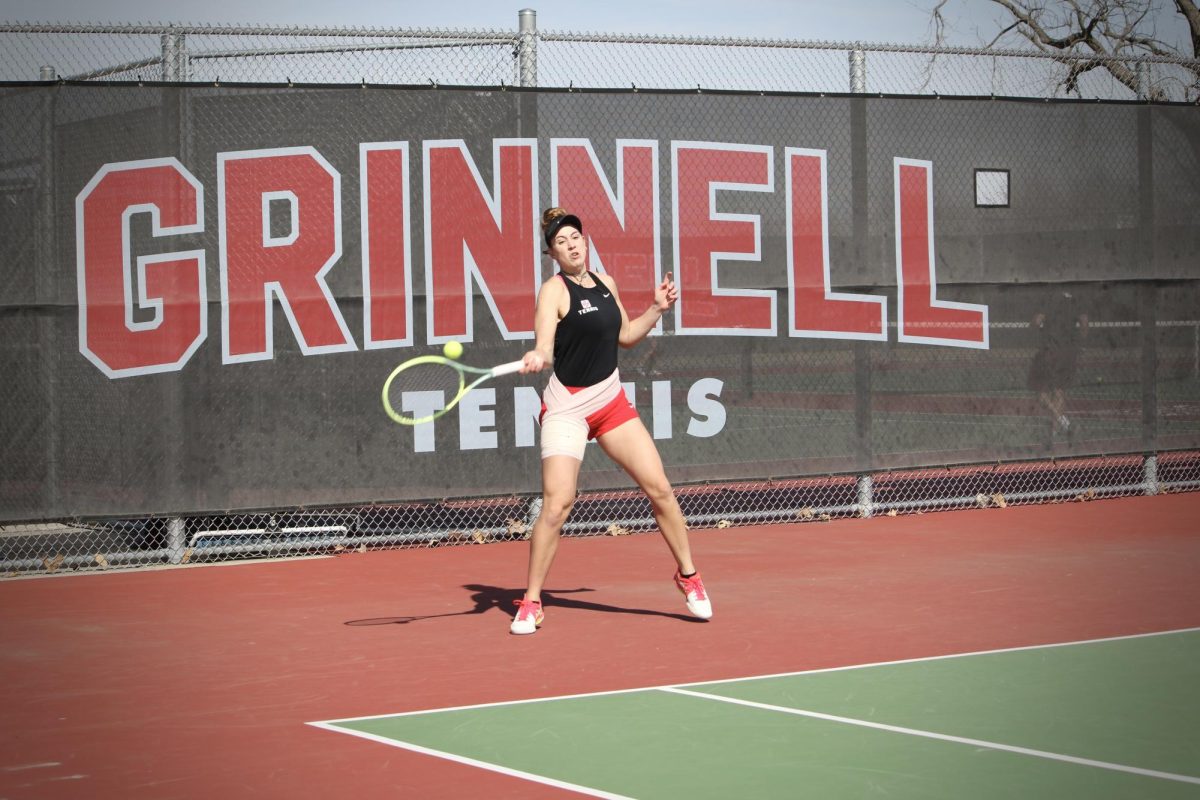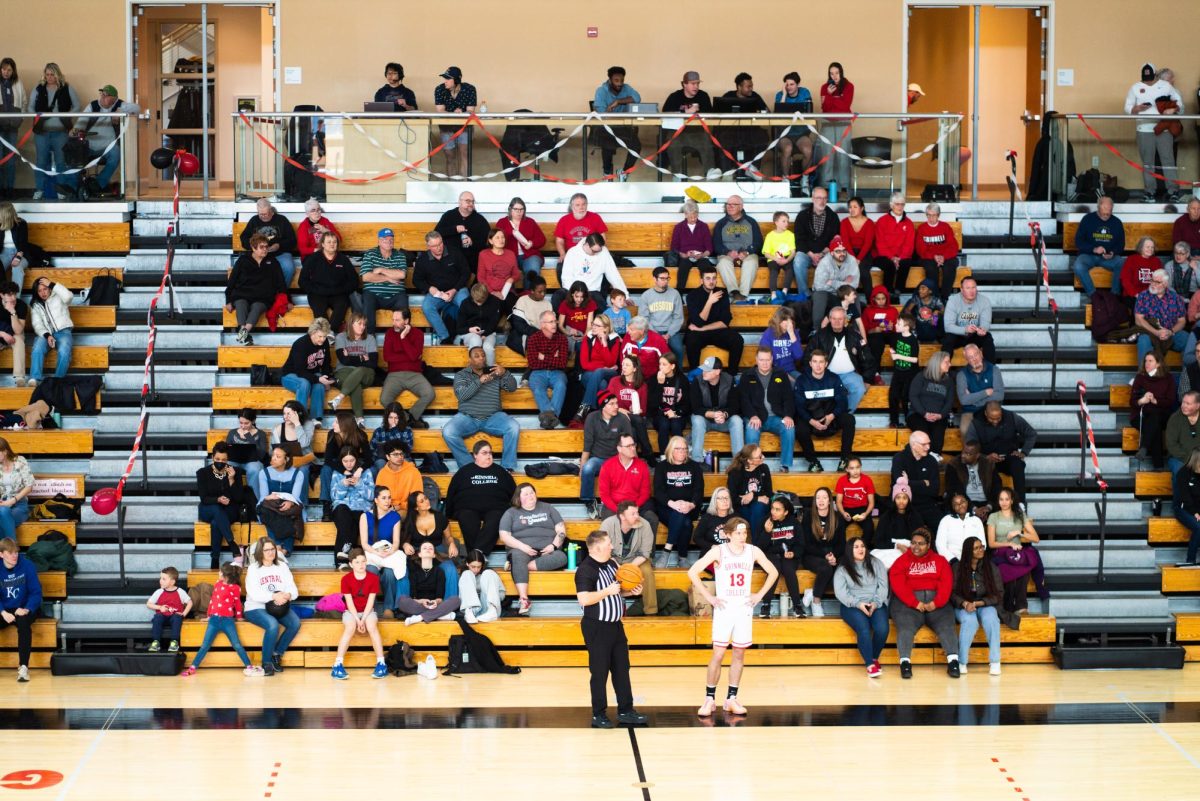
By Jonathan Gomez
gomezjon@grinnell.edu
Despite the National Basketball Association (NBA) being one of the most progressive major sports leagues in the world, a black player had to recently endure racist abuse to which he retaliated.
This year, during a Utah Jazz home game against the Oklahoma City Thunder on March 11, the Thunder’s franchise player Russell Westbrook went viral when a video was posted on social media showing Westbrook saying to a fan sitting in the stands, “I will fuck you up. You and your wife.” The Thunder guard later explained that he was responding to a racially-charged insult that the fan and his wife had both repeated to him.
Westbrook also mentioned that this is not the first time that he had been berated by disrespectful comments. Last year, he got into a verbal altercation during another game in Utah. Westbrook was criticized for retaliating by both the NBA and the media.
Students at Grinnell believe that racial abuse of any kind should not be tolerated, whether it be in the NBA, at Grinnell, or anywhere else. “It’s inexcusable, and it’s pretty disgusting. The speculation around it is that the comments were racial and it should be condemned for that reason alone. The lifetime ban is definitely one step but obviously a transformation of that person’s character is needed too,” said Vinny Curta ’19.
Among the NBA players who showed support for Westbrook was Kyle Korver, a Utah Jazz guard who released an essay in the Player’s Tribune. Titled “Privileged,” the essay is a first-person account of Korver’s experiences as a white man in the NBA. In his essay, Korver explains the necessity of racial justice to face nearly every major issue in the US and how he came to terms with his understanding of white allyship.
Korver specifically addressed his fellow white players to actively support their black teammates to create a safer and more just environment. “I can say every right thing in the world: I can voice my solidarity with Russ after what happened in Utah. … I can condemn every racist heckler I’ve ever known. But I can also fade into the crowd, and my face can blend in with the faces of those hecklers, any time I want. I realize that now. And maybe in years past, just realizing something would’ve felt like progress. But it’s NOT years past — it’s today. And I know I have to do better.”
Korver’s message resonated with Curta, who is co-captain of the Pioneer’s men’s basketball. “I think he does a great job explaining what a white ally should do. Being able to step away and realize ‘this is wrong behavior and I need to change the way I’m feeling about this, the way I’m speaking about it, the way I’m interacting with people.’ You have to change your character.”
This essay expanded on a discourse that needs to be held by all white supporters of racial justice. At Grinnell, there are a number of resources in place across campus for this type of discourse to occur. “I am a co-leader of SAMs (Student Athlete Mentors), so this where a lot of my work focuses around. I work closely with Holly Roepke from Diversity and Inclusion and there have been some meetings about it recently,” said Jake Conran ’20.
The Pioneers mens’ basketball team is aware of racial prejudice within sports, and the team captains actively try to prevent these kinds of situations from happening. “I just think that we do a really good job of just being outspoken about if someone is feeling bad about something, we are sure to address. The captains know right away and we have a sit down talk,” said Curta.
In addition, Conran spoke about his perceived strengths and weaknesses of allyship culture at Grinnell, “I think allyship at Grinnell is something that’s never really going to be a problem. I think we will always have allies but I don’t know if allies will always know the right times to step up and when to say what without being intrusive.”
It seems as though white students at Grinnell must listen to Korver’s remarks and understand that, instead of hiding behind their privilege, they must actively engage in the discourse and condemn outright any kind of racial bias they encounter.


































































